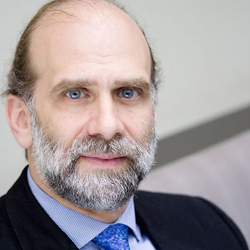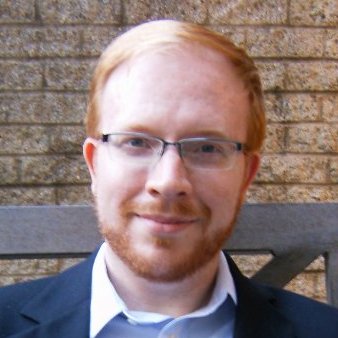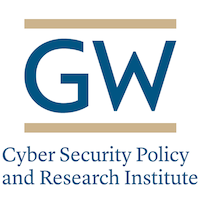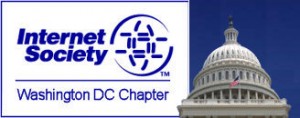Monday, May 18, 2015
Elliott School of International Affairs
1957 E Street NW
Washington, DC 20052
Governments have a special responsibility among stakeholders to make the Internet secure. However, the Snowden revelations revealed that many governments, including the US, use the Internet to monitor, spy on and attack other governments, organizations, individuals and businesses. In March, we also learned that that China is using the Great Cannon, a new malware tool to censor information. These revelations have stimulated a global backlash against pervasive Government data collection, Internet surveillance, and government use of malware. Netizens are increasingly worried about Internet stability and security.
Our panel will discuss how increasing surveillance and use of malware could impact the future of the Internet, including:
- Increased pressure from law enforcement for backdoors to encryption;
- Increased calls for data localization (as in France);
- International pressure influencing the IANA transfer;
- Less legal emphasis/protections on privacy at national levels;
- Less trust in government policies and strategies to maintain Internet stability
- The threat of Internet fragmentation.
Panelists:

Bruce Schneier, Security Technologist and Author. Bruce Schneier is an internationally renowned security technologist, called a “security guru” by The Economist. He is the author of 12 books – including his latest best-seller Liars and Outliers: Enabling the Trust Society Needs to Survive – as well as hundreds of articles and essays, and many more academic papers. His influential newsletter “Crypto-Gram,” and his blog “Schneier on Security,” are read by over 250,000 people. He has testified before Congress, is a frequent guest on television and radio, served on several government technical committees, and is regularly quoted in the press.

Chris Riley, Senior Policy Manager, Mozilla. M. Chris Riley is a Senior Policy Engineer at Mozilla, working to advance the open Internet and Web through public policy analysis and advocacy, strategic planning, coalition building, and community engagement. Prior to joining Mozilla, Chris worked as a program manager at the U.S. Department of State on Internet freedom, a policy counsel with the non-profit public interest organization Free Press, and an attorney-advisor at the Federal Communications Commission. Chris holds a Ph.D. in Computer Science from Johns Hopkins University and a J.D. from Yale Law School. He has published scholarship on topics including innovation policy, cognitive framing, graph drawing, and distributed load balancing.
Organizers:
This event is organized by Dr. Susan Aaronson and Kyle Renner of the Institute for International Economic Policy and David Vyorst of the Greater Washington DC Chapter of the Internet Society and is part of a larger seminar series. We are grateful to an anonymous donor for their support of these seminars, and would also like to thank our co-sponsors at the Cyber Security Policy and Research Institute.
The DC Chapter of the Internet Society (ISOC-DC) aims to build a better internet for the Washington, D.C., Maryland, and Virginia community. The chapter strives to promote open development, evolution, and use of the Internet for the benefit of people worldwide. ISOC-DC brings together individuals from within the DC area, as well as abroad, to engage in events, discussions, and information exchanges to advance these goals.


